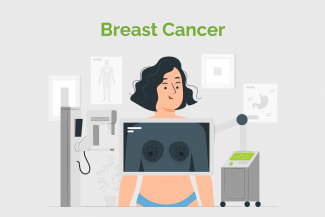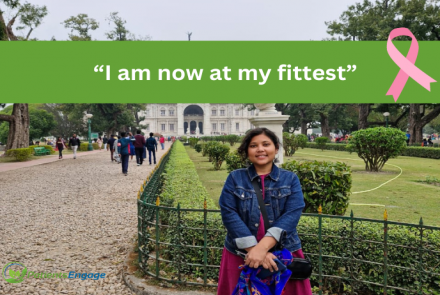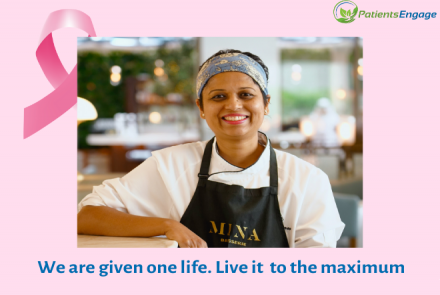
There are several ways to treat breast cancer. Treatment depends on the type and stage of the cancer and other factors such as general health and age of the patient.
Common methods of treatment are:
Surgery: This is the most common form of breast cancer treatment. This involves the removal of the tumour and its nearby surrounding margins. There are many options in surgery such as:
Lumpectomy or removal of the cancerous lump in the breast and a small amount of surrounding tissue
Mastectomy removes the entire breast and nipple along with some axillary lymph nodes
Radical mastectomy involves the removal of the entire breast, axillary lymph nodes and pectoral (chest wall) muscles under the breast. This type of surgery is rarely done nowadays.
Reconstructive surgery restores the appearance of the breast after mastectomy.
Side effects of surgery include fatigue, infection, pain or tenderness, swelling or weakness or stiffness of the arm or shoulder. These are short term.
Radiation therapy
High-energy rays are used to destroy any cancer cells left in the breast after surgery. Radiation therapy after surgery helps in reducing the risk of recurrence of the cancer. Short- term side effects include skin rashes, sunburn-like skin changes, swelling and fatigue.
Chemotherapy
Chemotherapy uses a combination of drugs to either kill cancer cells or slow down the growth of cancer cells. Chemotherapy can be administered before surgery to reduce the size of the tumour or after surgery to prevent recurrence. Chemotherapy can harm healthy as well as normal cancer cells. The side effects of chemotherapy depend on the drug combinations being used. Common side effects include hair loss, fatigue, nausea, vomiting and anaemia. A change in menstrual cycle is a common side effect in young woman after chemotherapy.
Hormonal therapy
For this type of treatment, the patient is given drugs that interfere with the way hormones act on cancer cells. Oestrogen is a naturally occurring hormone in women and it stimulates the cancer cell division in certain types of breast cancers. Hormonal therapy is prescribed after surgery, radiation and chemotherapy to prevent recurrence.
Targeted therapy
This treatment involves drugs that are designed to target specific breast cancer cells. Targeted therapy has fewer side effects than chemotherapy.

















